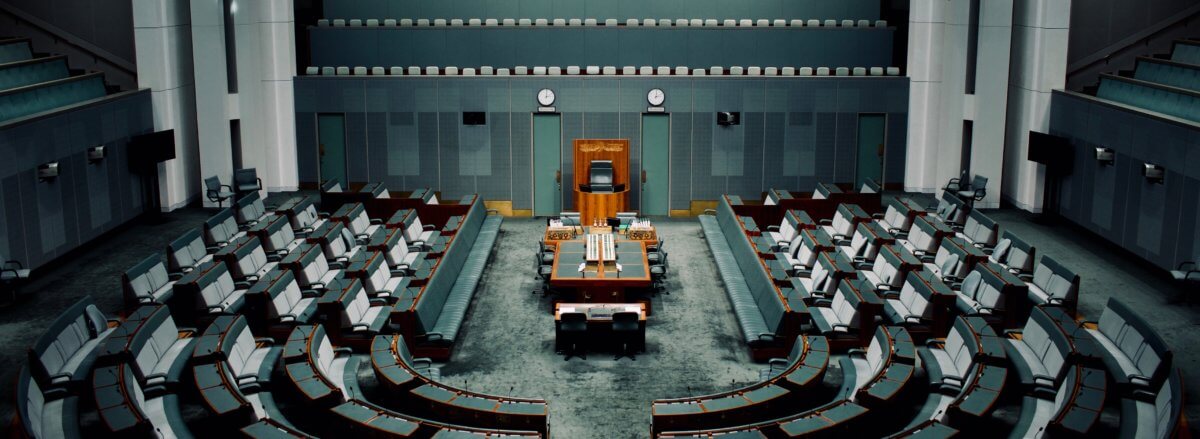CPS approach to rape prosecutions ‘a disaster for justice for a crime which is already a terrible fit for our adversarial system’
This week, The Guardian published the latest in a series of articles tracking both an alleged change of approach by the CPS to its prosecution of rape cases and ongoing legal action by the End Violence Against Women Coalition (EVAW) accusing the CPS of dropping cases to boost conviction rates.
While reported rapes have increased steadily over the past decade, reaching more than 58,000 in the year to March 2019, charges, prosecutions and convictions in cases brought by the CPS have fallen over the same period.
A year ago, EVAW published government figures showing a 173% increase in rape allegations over the previous four years, which also saw a 44% reduction in the number of prosecutions reaching court.
EVAW has compiled a dossier of evidence for a government review of how rape is treated in the criminal justice system, which it has shared with The Guardian. These include statements by rape victims whose cases never made it to court and information from a CPS whistleblower claiming staff were given training in how to meet conviction targets by removing hundreds of ‘weak cases’ from the system.
Rape cases dropped by the CPS include a woman being held at knife point during the attack, a case where a film of the attack was found on the alleged attacker’s phone and one where the alleged attacker admitted the offence in text messages.
In early 2020 the EVAW legal action appeared to have stalled when the high court refused permission for the case to go to a full hearing. However, the court of appeal has offered new hope by agreeing to hear an appeal against the decision.
The Coalition alleges the CPS adopted a substantive policy in 2016 which included a target of 60% of rapes brought resulting in a conviction. EVAW claims a merit-based approach of pursuing all cases where there is credible evidence has reverted to a more risk-averse approach, permitting second-guessing of jury prejudices and producing reluctance to press ahead with more difficult cases. The organization describes this as ‘a disaster for justice for a crime which is already a terrible fit for our adversarial system’.
Earlier this year, The Guardian revealed that the CPS conducted an internal review which exposed its failings in rape cases, but failed to share this information with the Inspectorate review into falling rape prosecution rates, which then produced less critical findings than the CPS’s own review.
In September 2019 the Director of Public Prosecutions, Max Hill QC, told rape victims not to be deterred from contacting police while, at the same time, said he would be “worried” about the fall in numbers of those being investigated and convicted if he were a victim of sexual violence. Encouraging words, but like all words, they have value only when translated into action and the shaping of attitudes needed to make things better.
The criminal justice system has been severely affected by over ten years of cuts in resources. It is time for a fundamental review of how we approach issues relating to justice, how we improve access to a system that aims to keep all of us safe, and how those impacted and hurt by crime can be confident that their voices are being heard and their needs met. This applies not least to victims of rape, many of whom have been voiceless over the years and who now must be heard if we are to have a justice service worthy of the name.








